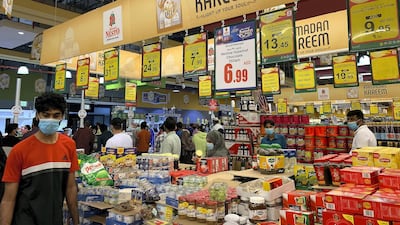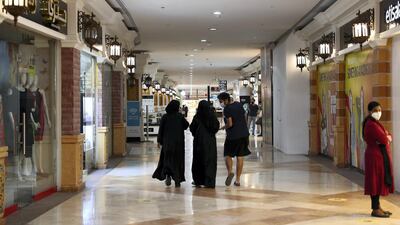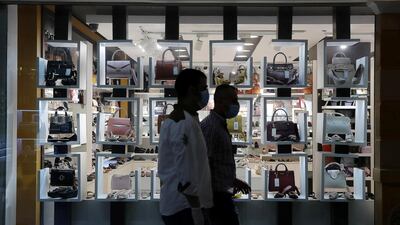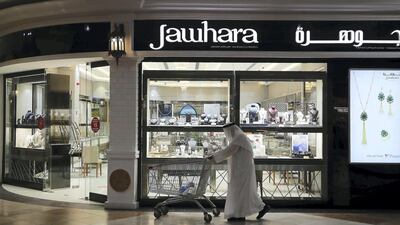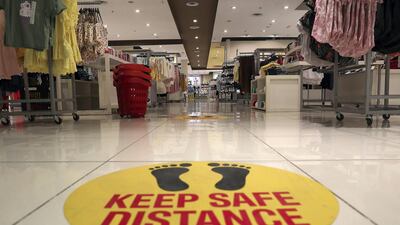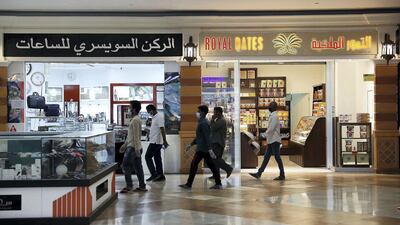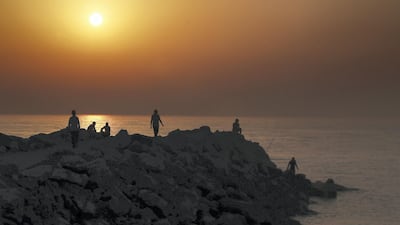Over the past month, each trip I have taken to the supermarket has been a personal exercise in risk management. What day to go, what time to go, which supermarket? Chain A is busier, but chain B is better at enforcing physical distancing.
Once I am there, I calculate the risks associated with buying big versus getting in and out quickly. I even find myself speculating as to which aisle might be the most or least infectious. I read somewhere that customers spend the longest time in the hair and skincare section of supermarkets. Still, my intuition tells me that, during times of crisis, the confectionary aisle is the highest risk – I pick quickly and go. Once back home, there is the issue of what is the lowest-risk way to clean the shopping, and how and where to best store the reusable shopping bags?
With an unseen adversary like a virus, uncertainty is heightened. The novel coronavirus responsible for Covid-19 is, as the name suggests, new, which further ramps up the uncertainty. We do not yet know everything about the illness, and occasionally we may need to get by on educated best-guesses. The British philosopher/psychologist, Dylan Evans, terms this kind of educated guesswork, risk intelligence: "a special kind of intelligence for thinking about risk and uncertainty".
Research has shown that risk intelligence is distinct from what we traditionally call general intelligence, or IQ. We can have a sky-high IQ but be dangerously low in RQ – or risk intelligence.
Similarly, if the emotionally intelligent can read the room, gauging how others are feeling, then those blessed with risk intelligence can estimate probabilities accurately while assessing the limits of their own knowledge. Knowing that we do not know can prevent us from becoming dangerously overconfident. One upshot of developing our risk intelligence – it can indeed be enhanced – is that it allows us to have a more functional relationship with uncertainty.
We know, however, from decades of research in cognitive psychology, that human decision-making under conditions of uncertainty is not great. We make systematic errors, often as a result of prioritising ease over effort and speed over accuracy. Such biases can be helpful in life-and-death situations: is it a stick or a venomous snake? However, given that most of us no longer live alongside venomous reptiles, our quick decisions frequently and unintentionally increase our risk of harm.
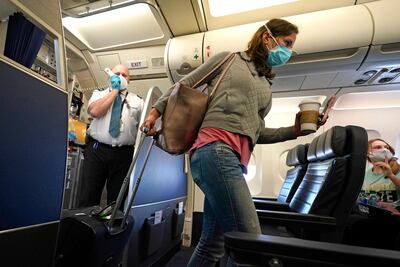
A classic example of this irrational risk blindness occurred after the 9/11 attacks. For a year after the atrocity, Americans took to their cars for fear of flying. Driving, of course, is way riskier than flying. According to International Air Transport Association, there was just one major accident for every 5.4 million flights in 2018. And yet, blinkered to the relative risks of driving, US citizens took to the roads after 9/11 in higher numbers than previous years. Consequently, the number of road deaths increased that year. German research psychologist, Gerd Gigerenzer, puts the figure at an additional 1,595 road traffic-related deaths.
The thing is, many of us are now so focused on Covid-19 that the prospect of other harm befalling us has vanished from consciousness.
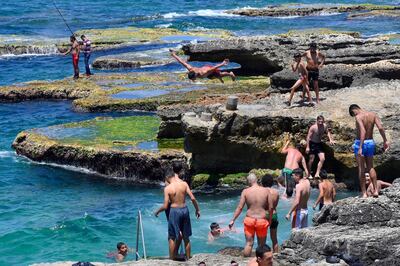
Consider that each year 320,000 people drown. When being concerned about returning to public beaches or swimming pools, the risk intelligent would also be mindful of drowning risk. When returning to work, the risk intelligent will also be conscious of road traffic accident risk. This is not to, in any way, negate or diminish the risks associated with Covid-19. Still, it highlights how our intuitive risk assessments can become one-sided, biased and sub-optimal.
According to Statistica, a US-based provider of market and consumer data, around 5,084 people in the US choked to death on food in 2018. The odds of this happening are approximately one in 2,696, making eating food riskier than air travel. We do not fear food, nearly as much as air travel. But we do not really have a choice about eating, we do have a choice about air travel.
This throws up another critical variable: personal responsibility. Often, what we fear more than an adverse outcome is being responsible for that outcome. I fear becoming ill with Covid-19, but I also hate the idea that I get it because of my own negligence or bad decision-making.
As many of us begin to return to work, we are going to need to deal with massive uncertainty. In some situations, we may need to gather further information from reliable sources and recalibrate our personal risk assessments. Keep the office door open or closed? Eat from the canteen or bring our own lunch? Use the elevator or stairs?
This involves weighing up multiple aspects of a situation. There will not be a one-size-fits-all formula. However, thinking about risk and how to reduce it, in each case, can help us keep ourselves and each other as safe as possible.
Justin Thomas is a professor of psychology at Zayed University
